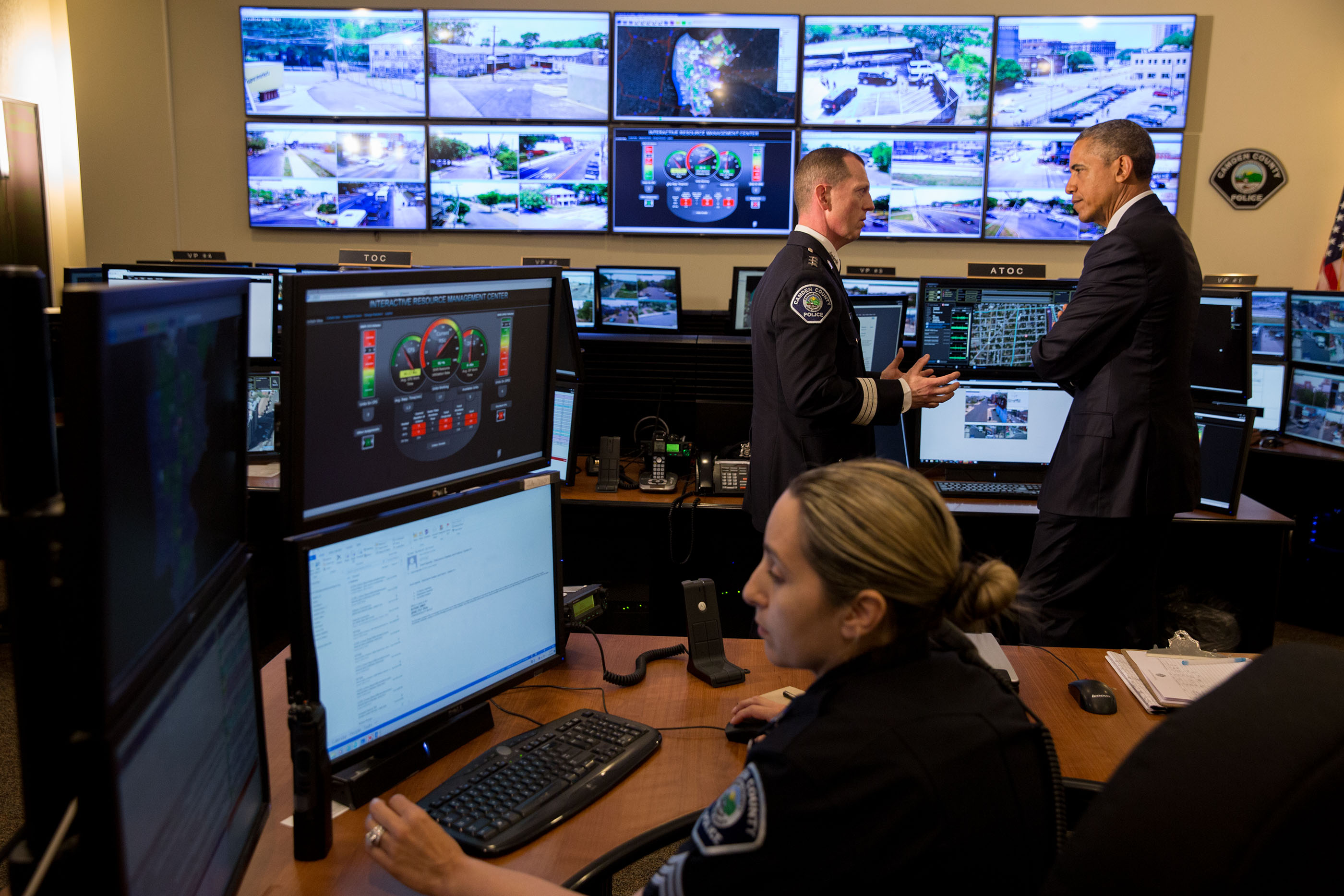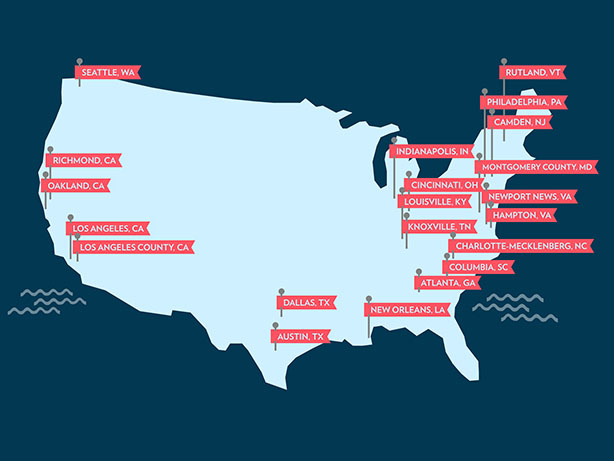
Today, President Obama traveled to Camden, New Jersey -- a city that has struggled with one of the nation's highest violent crime rates.
Dedicated to building a stronger, safer community, the Camden County Police Department and the community have worked together to help police do their jobs more safely, to reduce crime, and to create more economic opportunity in communities that have been saddled with a history of isolation.
As President Obama said, it will take a concerted, "all-hands-on-deck" effort to change the odds for these communities:
If we as a society don’t do more to expand opportunity to everybody who’s willing to work for it, then we’ll end up seeing conflicts between law enforcement and residents. If we as a society aren’t willing to deal honestly with issue of race, then we can't just expect police departments to solve these problems. If communities are being isolated and segregated, without opportunity and without investment and without jobs -- if we politicians are simply ramping up long sentences for nonviolent drug crimes that end up devastating communities, we can't then ask the police to be the ones to solve the problem when there are no able-bodied men in the community, or kids are growing up without intact households.
That is why President Obama created the Task Force on 21st Century Policing, a coalition of community leaders and law enforcement that have been developing solutions that will help build and maintain trust and transparency in community policing.
In accordance with some of the Task Force recommendations, the President is taking steps to end practices that stress community-police relations and promote practices that build trust between a community and its police force:
What We Won't Do: Militarizing the Police
The first step the Administration is taking is to prohibit and limit the kinds of military equipment that law enforcement agencies can procure from the federal government. Here's what that means:
Law enforcement are now prohibited from acquiring:
- Tracked armored vehicles
- Bayonets
- Grenade launchers
- Large caliber weapons and ammunition
Local police departments will also face limits on other federal enforcement equipment, including explosives, riot equipment, and wheeled armored or tactical vehicles. And if a department wants to acquire any controlled equipment, they must apply and provide detailed, clear, and persuasive explanation that justifies the request.
What We Will Do: Using Data to Build Trust
The President launched the Police Data Initiative with police chiefs and technology officers from 21 jurisdictions across the country to work alongside community organizations and police associations to leverage open data that will identify problems early, increase internal accountability, and decrease inappropriate uses of force.
Here are the 21 cities that are joining in:
You can learn more about the Police Data Initiative here.





